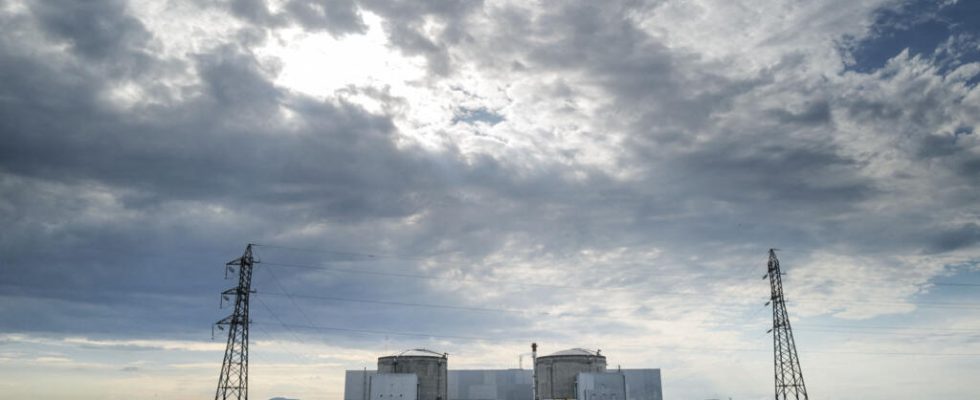France has accumulated, over the past three decades, “ a considerable lag in terms of energy sovereignty “. This is the uncompromising conclusion of a parliamentary commission of inquiry which worked in a context conducive to criticism.
The 88 people interviewed, including two former Presidents of the Republic, were heard during a winter when the authorities feared shortages due to the fallout from the war in Ukraine and especially the drop in electricity production nuclear and hydraulic.
The rapporteurs dwelt in particular on the reasons, according to them, for the setbacks of the nuclear fleet and the delay in the development of renewable energies. They point to a lack of anticipation and ” the illusion given to leaders of an overcapacity of electricity production, without taking into account the needs linked to the ecological transition.
The commission of inquiry regrets the deleterious effects of the fratricidal guerrilla warfare between EDF and Areva and the explosion of EDF’s debt, the decision ” hasty of the construction of the EPR – still not completed – without including it in an overall industrial plan, and the lack of anticipation of the maintenance and renewal of the nuclear fleet.
Nuclear: Nicolas Sarkozy and François Hollande were heard by the Assembly’s commission of inquiry into the energy situation in France. Two former Presidents responding to a commission of inquiry is a first. Narrative : https://t.co/XFh6imY6Xy. #DirectAN
—LCP (@LCP) March 16, 2023
François Hollande in the viewfinder
But the attacks of this report, co-signed by two deputies Les Républicains and Renaissance, Emmanuel Macron’s party, are above all directed at former President François Hollande.
During his five-year term, between 2012 and 2017 (during which Emmanuel Macron served as Deputy Secretary General of the Élysée, then Minister of the Economy), he is accused of having ” greatly aggravated the situation “, by programming a reduction in the share of nuclear power to 50% of the electricity mix, against nearly 70% before the 2022 crisis. A plan which provided for the closure of several power plants and led to the effective shutdown of that of Fessenheim .
Beyond the criticisms, in this report, 30 proposals have been made for the next 30 years. The authors suggest giving France a “ climate energy programming law over 30 years with climate, energy and industrial objectives “. Also expressed wish to see RTE, the electricity distributor in France: develop its security of supply criterion.
► Also to listen to Parliamentary inquiry into energy independence: “France can be an energy nation”
Nuclear in the spotlight
The proposals mainly focus on nuclear power – half of them are devoted to it – and come in support of the revival of the atom promoted by the executive since last year. Support also given to the controversial nuclear safety reorganization project.
An ecologist deputy, member of the commission, moreover criticizes a report which gives ” the impression of serving a posteriori as a guarantee for the energy policy led by Emmanuel Macron “.
And since the commission was investigating the loss of sovereignty, the rapporteurs demand greater transparency from EDF on its uranium supplies.
Exempt from certain European rules
The rapporteurs also propose, pending a reform of the European electricity market, suspending without delay ARENH (for Regulated Access to Historic Nuclear Energy), the mechanism which obliges EDF to sell nuclear electricity to a price set by the government to its competitors. With the rise in wholesale prices last year, ARENH contributed to widening EDF’s deficit.
It is not the only device linked to European policy that is called into question. Proposal 9 asks for the maintenance of hydroelectric concessions in the public domain to avoid any competition, and this, in clear contradiction with the rules of Brussels.
For the rest, the report invites, among other things, to increase the ambition of the sobriety plan launched this winter, to launch calls for tenders as soon as possible for 50 offshore wind farms or to carry out a new mining inventory on the ground. French and accelerate the creation of rare earth transformation and recycling channels.
